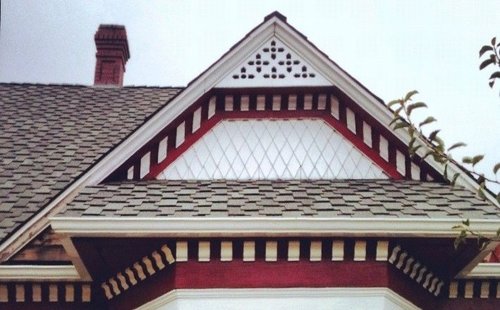What’s the deal with asking prices in our metro area?

Creative Commons: Ingmanjc, http://commons.wikimedia.org/wiki/File:Captain_Calvin_and_Pamela_Case_House_Bay_window.JPG
Asking prices in the Chicagoland area remained positive in November, though they seem to be showing signs of slowing down, according to the newly released Price Monitor from Trulia.
Per Trulia’s analysis, Chicagoland asking prices were up 9.4 percent year-over-year in November, which is actually better than the national average; at the same time, though, quarterly increases were up just 2.9 percent, which is behind most other large metro areas and the national average of 3.4 percent; asking rents, at 5.9 percent year-over-year, were similarly behind the average.
Is Slower Price Growth a Bad Thing?
On one hand, slower price growth – particularly growth lagging national averages – would appear to be a bad thing; on the other hand, though, in a housing market that is utterly in the throes of an affordability crisis, below-average increases do not seem all that bad, especially considering the economic challenges that continue to plague Millennials, aka the next great source of housing demand.
Of course, this is only one month of data, so it’s dishonest of us to suggest any kind of trend just yet; however, should Chicago’s price increases remain in check, it will no doubt boost the market’s credence with younger buyers of a more moderate income.
Interested in how Chicago compares with other metro areas? Check out our graph below for additional perspective: